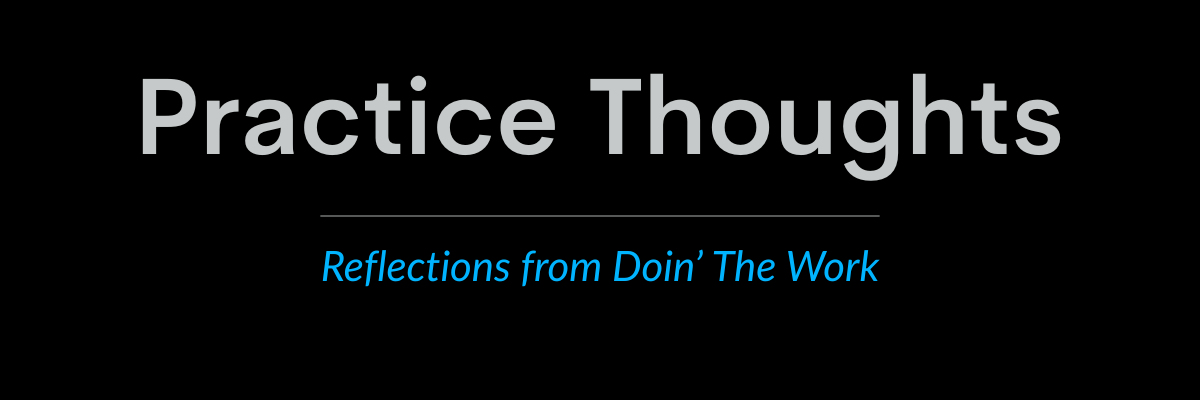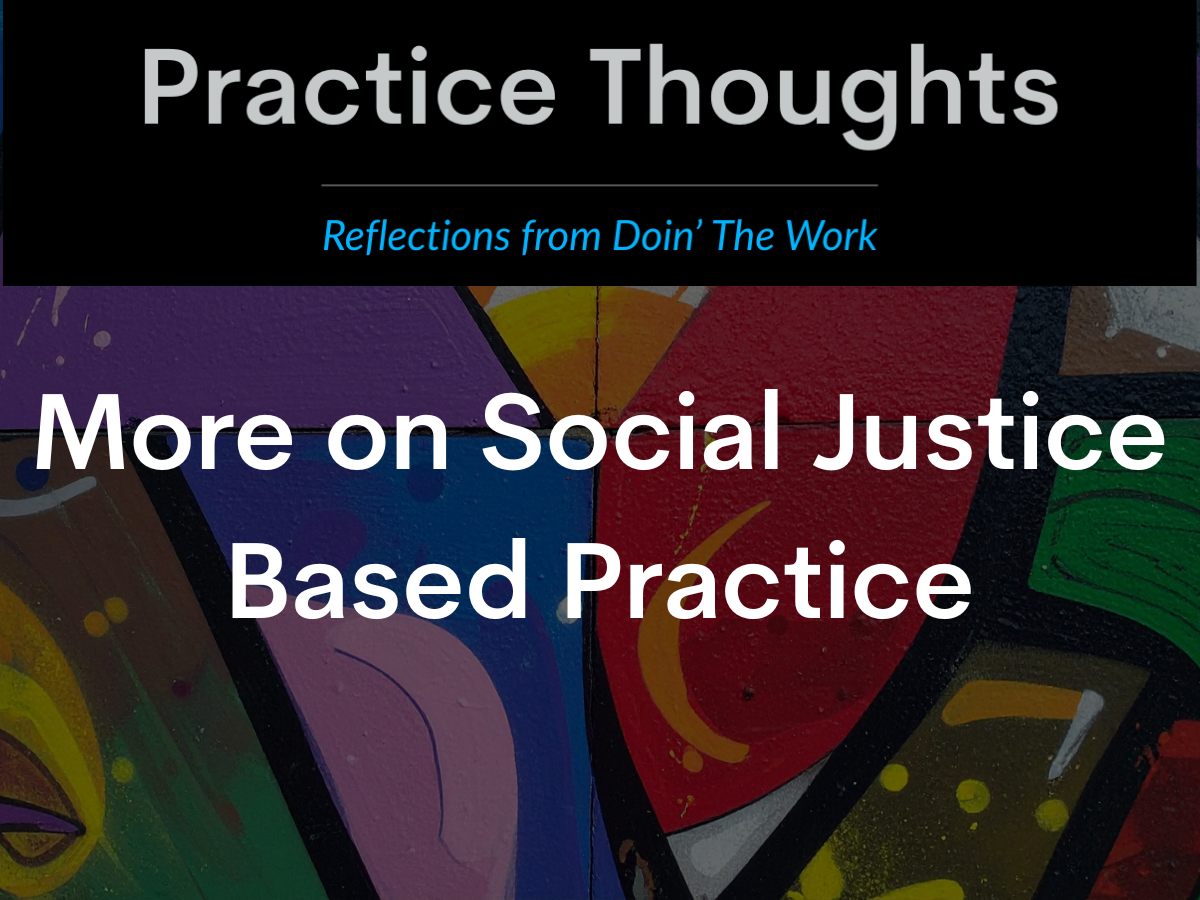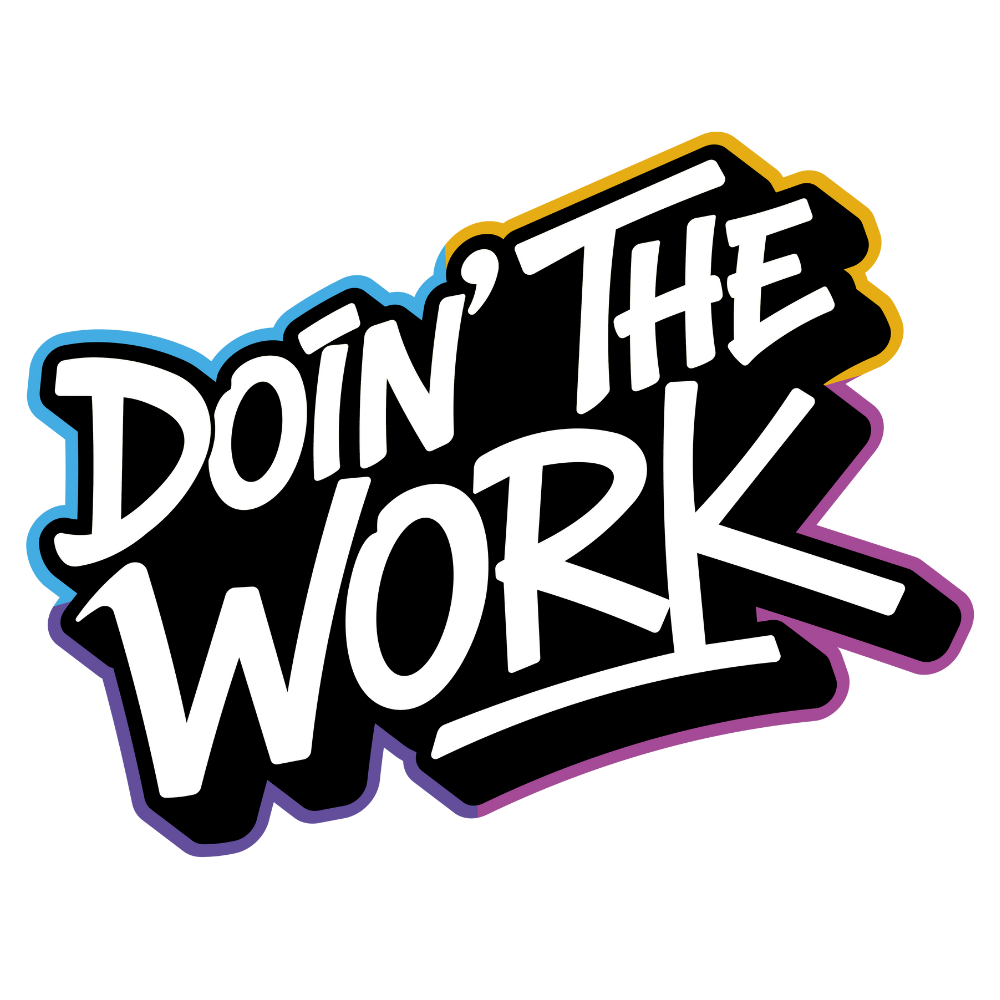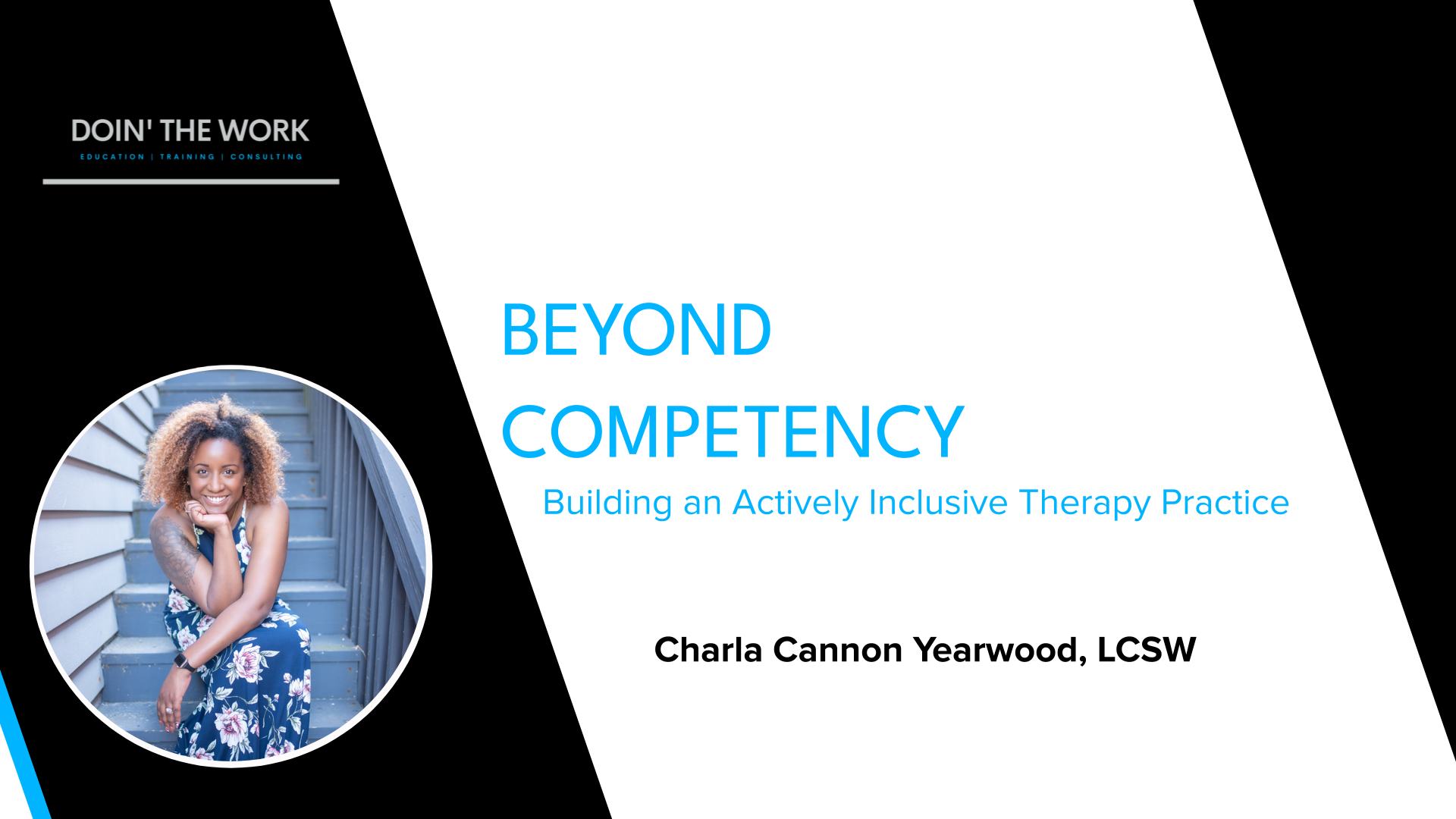

In last month’s Practice Thoughts, I tried to address some of the critiques of social justice based practice. I provided an example of how I would work with a client who was not ready to discuss how certain forms of structural oppression contribute to beliefs he holds, which negatively impact various aspects of his life. If you missed it, check out last month’s post. This month, I’m going to talk about a different approach to clinical practice where we are more direct with talking about systems of oppression and how they impact clients’ lives.
In the example with last month’s client, I was going over a situation where the clinician has not been open to the client about how the clinician uses anti-oppressive practice in their work, yet the clinician understood how oppressive systems function and noticed how they were impacting the client. The clinician has an anti-oppressive/social justice based analysis but chooses to not be overt about it. I’ve been thinking more and more about this approach because this is how I’ve been with many of my clients. Should I include in my initial practice guidelines that I practice from an anti-oppressive/social justice approach like I explain that I use acceptance and commitment therapy and EMDR? We could absolutely make that argument. We could say it should be part of informed consent. At the same time, maybe some clients would be hesitant of that approach because they have only heard negative things about “social justice warriors” and we still want to see those clients in our practice.
A different way to address this is to be upfront from the beginning. I know colleagues who are clear in all of their materials, websites, etc. that they practice from a social justice perspective, and that actually draws in clients who are seeking a clinician like that. Of course, with community-based clinics, hospitals, and other settings where there is less choice, it may be more challenging to be this up-front about it. However, one model, the Liberation Health Model, which we have covered in the newsletter using a podcast episode we did some years back, is explicit from the beginning that therapy is going to involve looking at how personal, institutional, and cultural factors are affecting the person’s situation. This model was created in an inpatient psychiatric setting where it had much success, so it is absolutely possible to use it in a variety of settings.
When I think about an approach using the Liberation Health Model or other social justice based approaches, one positive I see is that clients know from the beginning that these issues will be talked about. This would possibly help to avoid a situation where an anti-oppressive clinician is trying to bring up with a client how oppressive systems are impacting their life, but the client is caught off guard, thinking that therapy was to talk about just what’s wrong with them. I do not think that being upfront from the beginning in any way changes the reality that some clients will resist talking about oppressive systems. However, openly using an anti-oppressive approach allows for the clinician and client to know that it is going to come up as part of the therapy process. Would some clients not want to have a therapist who engages in social justice based practice? Will the clients think the therapist is too “woke”? This could absolutely happen. Those clients may seek services elsewhere, if possible. But, as stated before, many clients will seek out a therapist specifically because they know the therapist engages in anti-oppressive practice.
This can get more complicated for clinicians who work in various systems, like schools. Will the school support a social justice based approach? Will parents and the community complain, especially in areas where we’ve already seen book bans and teachers getting fired? Like everything we do, every situation is different. Context matters. Each of us who are practitioners need to decide how we will practice in whatever context we are in.
Even though I’m someone who teaches anti-oppressive/social justice based practice, I am still figuring out how I choose to implement it in my private practice. Sometimes I wonder if I’m holding myself back out of fear that I will not have enough clients. But I also wonder if I would feel better alignment with my practice if I was clearer about this from the start. I have used terms like “socially conscious”, “inclusive”, “culturally affirming”, and I know that people could simply Google me and see plenty about my overall worldview and approach.
What about you? How do you choose to practice? What factors into it for you?
What are your thoughts/reflections? Join the community and engage in our discussions.
In the example with last month’s client, I was going over a situation where the clinician has not been open to the client about how the clinician uses anti-oppressive practice in their work, yet the clinician understood how oppressive systems function and noticed how they were impacting the client. The clinician has an anti-oppressive/social justice based analysis but chooses to not be overt about it. I’ve been thinking more and more about this approach because this is how I’ve been with many of my clients. Should I include in my initial practice guidelines that I practice from an anti-oppressive/social justice approach like I explain that I use acceptance and commitment therapy and EMDR? We could absolutely make that argument. We could say it should be part of informed consent. At the same time, maybe some clients would be hesitant of that approach because they have only heard negative things about “social justice warriors” and we still want to see those clients in our practice.
A different way to address this is to be upfront from the beginning. I know colleagues who are clear in all of their materials, websites, etc. that they practice from a social justice perspective, and that actually draws in clients who are seeking a clinician like that. Of course, with community-based clinics, hospitals, and other settings where there is less choice, it may be more challenging to be this up-front about it. However, one model, the Liberation Health Model, which we have covered in the newsletter using a podcast episode we did some years back, is explicit from the beginning that therapy is going to involve looking at how personal, institutional, and cultural factors are affecting the person’s situation. This model was created in an inpatient psychiatric setting where it had much success, so it is absolutely possible to use it in a variety of settings.
When I think about an approach using the Liberation Health Model or other social justice based approaches, one positive I see is that clients know from the beginning that these issues will be talked about. This would possibly help to avoid a situation where an anti-oppressive clinician is trying to bring up with a client how oppressive systems are impacting their life, but the client is caught off guard, thinking that therapy was to talk about just what’s wrong with them. I do not think that being upfront from the beginning in any way changes the reality that some clients will resist talking about oppressive systems. However, openly using an anti-oppressive approach allows for the clinician and client to know that it is going to come up as part of the therapy process. Would some clients not want to have a therapist who engages in social justice based practice? Will the clients think the therapist is too “woke”? This could absolutely happen. Those clients may seek services elsewhere, if possible. But, as stated before, many clients will seek out a therapist specifically because they know the therapist engages in anti-oppressive practice.
This can get more complicated for clinicians who work in various systems, like schools. Will the school support a social justice based approach? Will parents and the community complain, especially in areas where we’ve already seen book bans and teachers getting fired? Like everything we do, every situation is different. Context matters. Each of us who are practitioners need to decide how we will practice in whatever context we are in.
Even though I’m someone who teaches anti-oppressive/social justice based practice, I am still figuring out how I choose to implement it in my private practice. Sometimes I wonder if I’m holding myself back out of fear that I will not have enough clients. But I also wonder if I would feel better alignment with my practice if I was clearer about this from the start. I have used terms like “socially conscious”, “inclusive”, “culturally affirming”, and I know that people could simply Google me and see plenty about my overall worldview and approach.
What about you? How do you choose to practice? What factors into it for you?
What are your thoughts/reflections? Join the community and engage in our discussions.
Get Connected. Join The Community.
We’re building a community of learning, reflection, and action. Come connect with others committed to justice, healing, and equity in their work.
You'll also be the first to know about new CE opportunities, podcast episodes, and tools to support your practice.
You'll also be the first to know about new CE opportunities, podcast episodes, and tools to support your practice.




